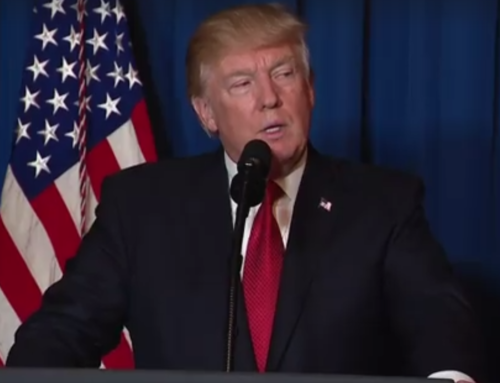A recent, controversial series of punishments issued to students of Hazelwood West High School in Hazelwood Missouri, warrants a discussion of First Amendment Rights in an institutional setting.
Over 200 students participated in a walk-out on Monday, May 15 to support teachers after union contract negotiations were rejected by the Hazelwood School District Board of Education. Cited by leadership as being disrespectful and disruptive, seniors were then denied the pleasure of participating in their graduation ceremony. Many students faced suspension and/or the potential loss of incoming scholarships and college opportunities.
Infringement on a student’s right to protest and exercise his or her voice was speciously justified by school administrators. The students were accused of violating conduct codes, the demonstrations officially classified as “traffic violations.”
The course of action appeared to be cop-out, with a clear message sent to students: do not take on the school board. Punishments that do not fit the “crime” (in this case, none that we can see) are authoritarian. Instead of promoting activism and social justice advocacy (severely lacking among Millennials, according to a poll done by NPR.org), Hazelwood was practicing censorship.
The American Civil Liberties Union (ACLU) adopts the position that “In America, students do not lose their constitutional rights” in a classroom setting. However, the situation is not always black and white.
A number of recent cases have received national attention for questionable First Amendment practices in places of higher learning. Students at the University of California at Berkeley shut down a speech by Ann Coulter this past April. Liberal students rallied against Coulter’s appearance due to her controversial conservative views. Censuring a person for their political perspective is not acceptable practice – even (and because) we do not agree with them. Berkeley was in hot water previously for the violence that erupted when Breitbart news tech editor Milo Yiannopoulos was scheduled to speak at the institution. The aftermath of the ordeal resulted in a boost in attention for Yiannopoulos, who clinched a book deal with Threshold Editions shortly thereafter (later revoked amidst other controversies).
This goes to show that while student involvement in matters of free speech and advocacy should be commended, the approach taken must be considered carefully. This was a test that many believe UC Berkeley failed. We need remember the dark consequences of censorship and the suppression (intentional or passive) of independent thought.
Hazelwood High School students were stronger together, standing up for their beliefs as well as the working conditions of their educators. Fears of repercussion notwithstanding, they proceeded with the walk-out demonstration, respectfully and peacefully. Amidst all the negative, public attention, Hazelwood’s First Amendment warriors can lay claim to a happy ending. The school board recently reversed the suspensions and other punishments. Evidence that healthy democratic dissent and pressure can yield change.






Hey, Ana, I love the article. So many good points. I can’t believe the school board even tried to pull such a stunt. Good thing they saw their wrongs in the end.